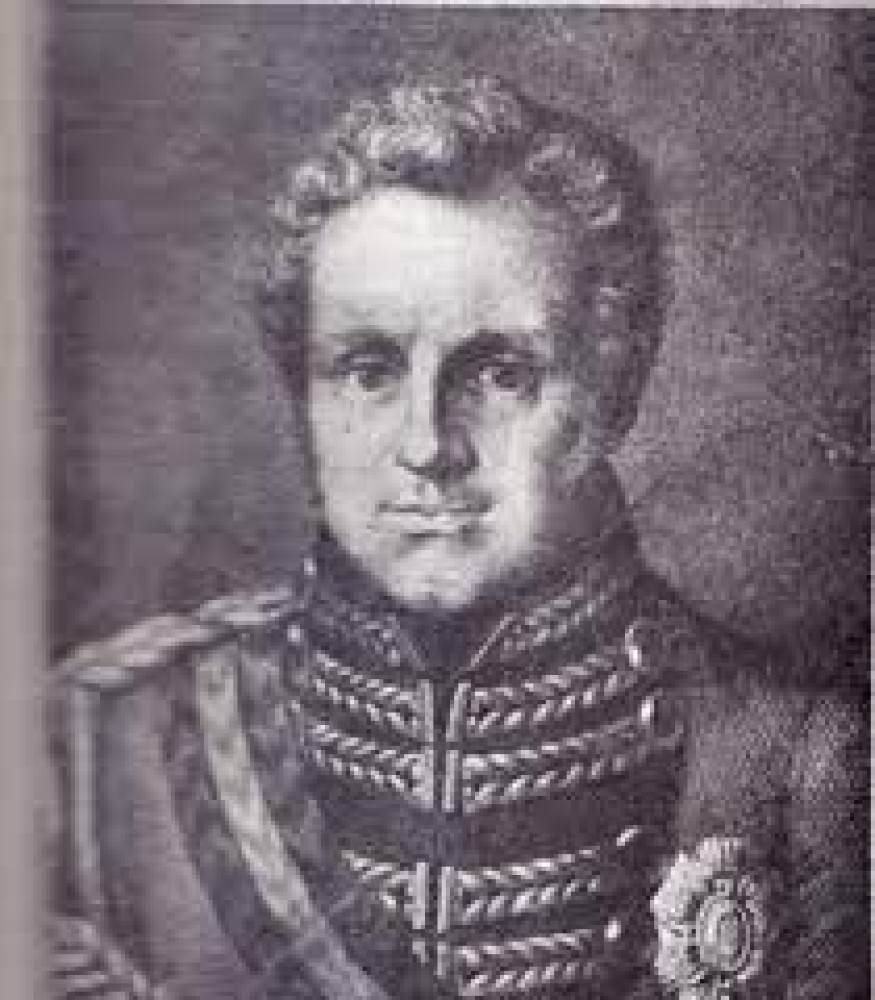
One of the five local fighters, who took part in the events of (G)Ypsolithos (30 September/12 October 1821), where the English Commissioner Adam was given the reason to declare martial law and lead to the gallows Theodoros Peta or Glaros, Panagiotis Roumeliotis, Dionysios Kontonis, Antonios Grampsas or Tzoukos and Ioannis Klaydianos. The reason for the start of the incidents was the firing of the villagers of Zakynthos towards a Turkish ship, which was being chased by Greek ships and had taken refuge in the area to escape. In order to assist the Turks, English soldiers were brought in, and in the ensuing battle a soldier was killed and the leader of the detachment was wounded. Adam, arriving from Corfu, declared martial law and arrested all those who were occasionally making trouble for the English administration, and imprisoned some and exiled others, while he confiscated and demolished the houses of those who were considered leaders in the incidents at Ypsolithos. He then set up a court martial which he presided over, and sentenced, on dubious evidence, to death the five peasants mentioned above. Their execution was carried out in public, by hanging, in the square of St. Nicholas of Molos, and their bodies, after being covered with hot tar, were put in iron cages and hung, all four of them, on the hill of Prophet Elias, above the town of Zakynthos in plain view. The cage with Klavdianos was carried and hung in the village of Fiolitis, opposite his house, on the hill of St. Jerusalem, subjecting his mother, who was forced to live this torture daily and for years, to a terrible ordeal. Since then, the hill of St. Jerusalem has been called the 'Hill of the Hanged Man'.
